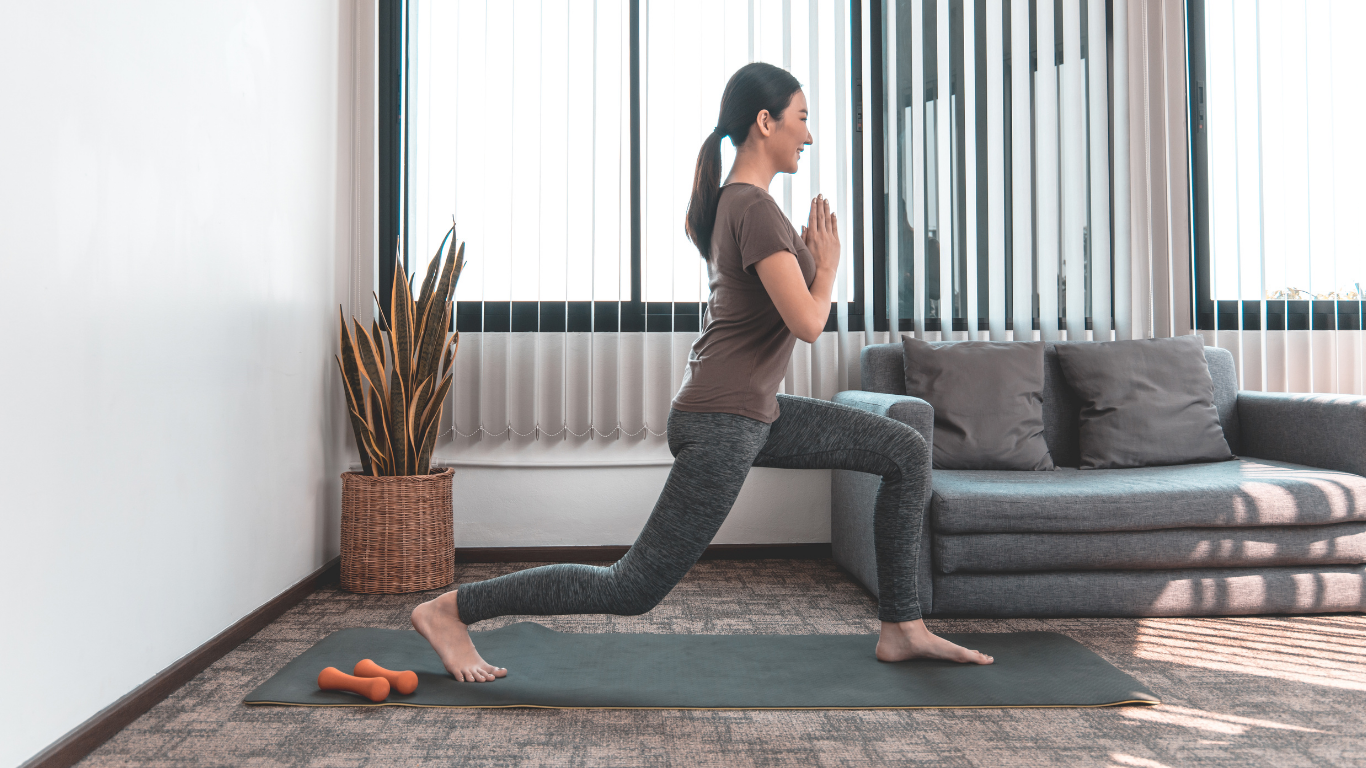Pregnancy is a transformative period in a woman's life, bringing both joy and significant physical changes. Engaging in appropriate physical activities such as exercise, yoga, and Pilates during and after pregnancy offers numerous benefits, enhancing overall health and well-being.
Benefits of Exercise During Pregnancy
Regular physical activity during pregnancy contributes positively to both maternal and fetal health. Key benefits include:
Reduced Risk of Gestational Hypertension: Regular exercise can help prevent hypertension during pregnancy by improving cardiovascular health and reducing stress levels.
Improved Delivery Outcomes: Maintaining physical activity during pregnancy is associated with a lower risk of preterm and instrumental deliveries. Regular exercise helps enhance pelvic muscle tone and cardiovascular fitness, potentially reducing the likelihood of cesarean intervention by supporting the body's endurance during labor.
Enhanced Mental Well-being: Exercise releases endorphins, which can alleviate stress and improve mood, helping to manage common pregnancy-related emotional fluctuations.
Consequences of Inactivity During Pregnancy
Lack of physical activity during pregnancy can lead to several adverse effects:
Increased Risk of Complications: Sedentary behavior is linked to a higher likelihood of developing gestational hypertension and preeclampsia.
Decreased Muscle Tone and Endurance: Inactivity can result in reduced muscle strength, potentially leading to prolonged labor and increased need for medical interventions.
Elevated Stress Levels: Without regular exercise, stress and anxiety levels may rise, negatively impacting both mother and baby.
Yoga and Pilates: Specialized Practices for Pregnancy
Incorporating yoga and Pilates into prenatal fitness routines offers additional benefits:
Yoga: Enhances flexibility, promotes relaxation, and improves breathing techniques, which can be beneficial during labor.
Pilates: Strengthens core muscles, supports posture, and alleviates common discomforts such as back pain.
These practices also foster a mind-body connection, aiding in mental preparation for childbirth.
Postpartum Exercise and Weight Loss
After childbirth, engaging in appropriate physical activity is crucial for recovery and weight management:
Accelerated Recovery: Exercise helps restore muscle tone, improves circulation, and boosts energy levels, facilitating a smoother postpartum recovery.
Weight Management: Combining cardiovascular exercises with strength training aids in burning calories and rebuilding muscle mass, supporting healthy weight loss.
Mental Health Benefits: Postpartum exercise can reduce the risk of depression and anxiety, promoting overall well-being during the transition to motherhood.
Recommendations for Safe Exercise During and After Pregnancy
Consult Healthcare Providers: Before starting any exercise program, consult with a healthcare professional to ensure activities are safe based on individual health status.
Choose Appropriate Activities: Engage in low-impact exercises such as walking, swimming, prenatal yoga, and modified Pilates routines designed for pregnant or postpartum women.
Listen to Your Body: Pay attention to bodily cues, avoiding overexertion, and adjusting intensity as needed.
Stay Hydrated and Nourished: Maintain adequate hydration and a balanced diet to support energy levels and recovery.
Incorporating exercise, yoga, and Pilates during pregnancy and the postpartum period offers numerous benefits, enhancing physical health, mental well-being, and overall quality of life. By staying active, expectant and new mothers can navigate the challenges of pregnancy and motherhood with greater ease and confidence.

